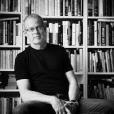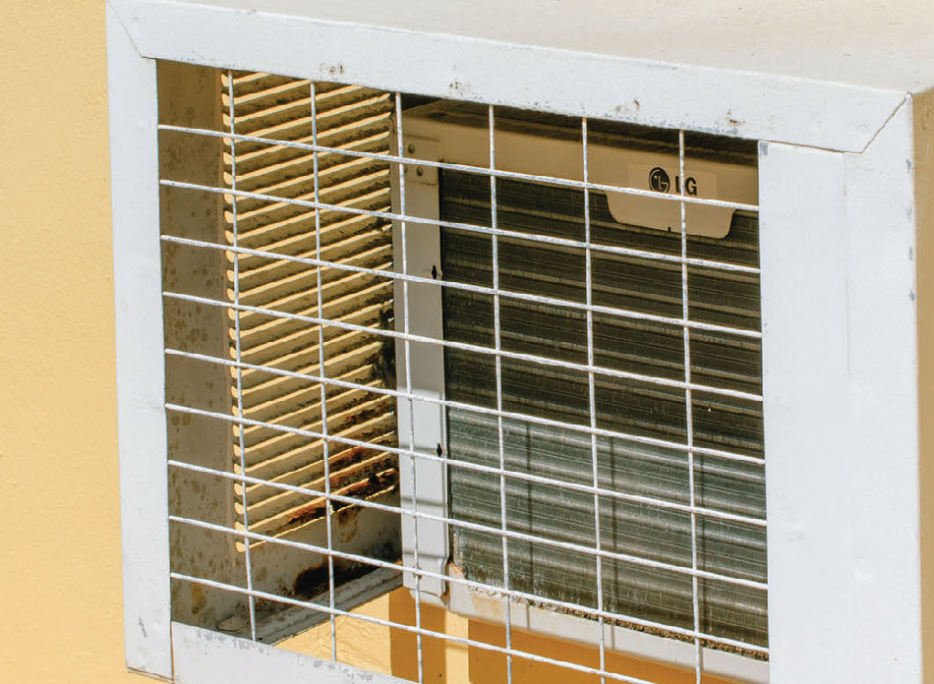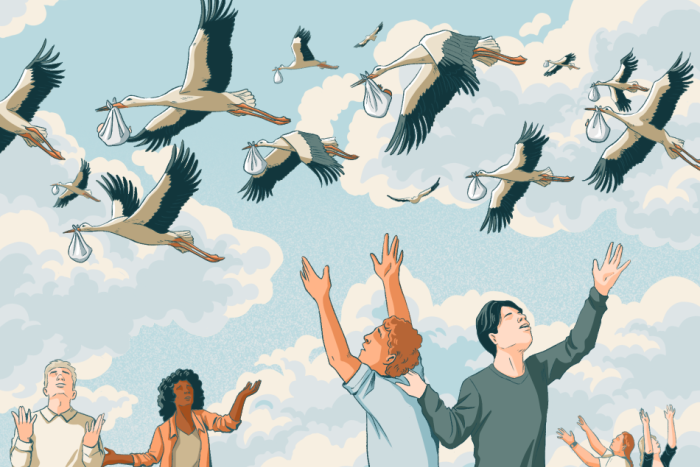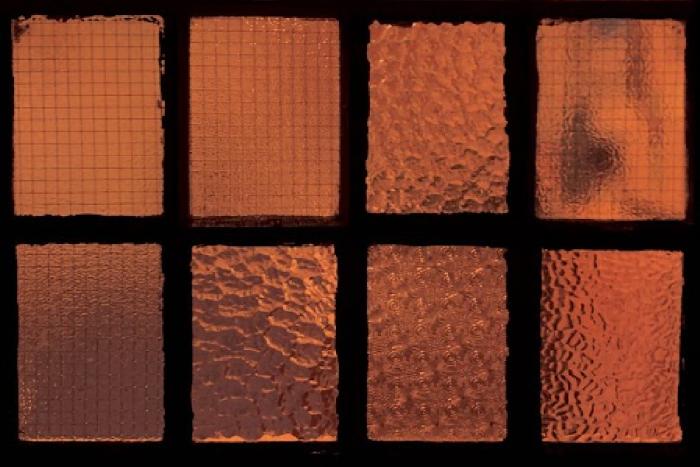There was a woman in Boston who thought she was dead. Bea had read about it in the morning paper. The woman had a rare psychiatric disorder—Cotard’s delusion—where she denied her own existence. Faced with overwhelming evidence to the contrary—her husband, daughter, her reflection—the woman remained unconvinced she was alive. Her husband showed her their wedding pictures, a mortgage statement, a photo of their daughter’s communion, and she just shook her head, no. Because of the current heatwave, the woman thought she was in hell.
Standing in the gallery, looking at Warhol’s Elvis print for perhaps the thirtieth time, Bea wondered if she had a touch of Cotard’s. The gallery was almost deserted. It was still morning, a weekday, just her and the King.
There were four Elvises—two in fading black and white, two in lurid colour—all aiming a six-gun straight at her. He was wearing what looked like lipstick, on the right side of the law. If this version could have seen the bloated, sequined version, wobbly on Quaaludes, singing “Unchained Melody” in his final concert, that smile like a broken boy, what would he have done? Though what would any of us do if faced with our future self?
The few people in the gallery may have been there simply to avoid the heat. It was early May and not yet noon, and it was already oppressive. The air was heavy and dirty, the air of August, an anomaly that was dissected every night on the local weather report.
Bea lingered in the Henry Moore gallery for a bit, his heroic bronzes splayed out, those solid, sensuous women. Moore had been gassed at Cambrai, one of the few survivors of his unit. As a child he had rubbed liniment onto his rheumatic mother’s bare back. Bea remembered these tidbits from a course she used to teach—The Aesthetics of Sexuality and Erotic Art, a class that always drew a crowd.
Bea walked into the bright light of the galleria and sat at the small café. She ordered an espresso and wondered if she had spent too much time in this gallery and not enough in others. What happened to the Prado? The Tretyakov in Moscow? The Picasso Museum in Barcelona to witness the great beast of twentieth-century art? Trips that were planned, or at least mentioned, or at least imagined. How much of life is regret? There should be an app that gives you a running tally, like the remaining battery life on your phone.
Through the soaring windows she observed the street below. On the sidewalk a bearded man stood rooted, staring up at the sun. If she’d had a sketch pad with her, she might have sketched him. As an art student she’d gone to Florence, and carried her pad everywhere, partly an affectation, hoping people would think: there goes an artist. The city was filled with students, smoking and arguing in cafés as if the future depended on them discovering it.
The man across the street hadn’t moved. Bea wondered if this was some kind of performance. In terms of aesthetics, there was a fine line between art student and homeless. The man looked to be in his twenties. Maybe someone was filming it from a vantage Bea couldn’t see and this was part of a school project. It wasn’t the kind of day where you stared at the sun to feel it on your face, enjoying the first rays of spring. This was a vengeful sun. Bea watched him unbutton his shirt, his face still staring up.
He slipped out of his shirt and twirled it over his head like a stripper and let it go. It landed on the roof of a parked car, which he was partly obscured by. When he bent down Bea guessed that he was taking off his pants as well. He came up holding them, twirling them before letting them go to land on the patio of a café behind him. Another dip and he came up with his underwear, which he slingshotted into traffic. It landed on the windshield of an SUV and the wipers came on and immediately swept them onto the street.
The man resumed his pose, staring up at the sun, naked, his thin, pasty body shining like a landed trout. People on the sidewalk stopped and crossed the street to avoid him.
His eyes were closed. They remained closed when the police car stopped. Two officers got out, a man and a woman. The man had one hand on his hip, ready to pull something out. The woman had her head bent to one shoulder, talking into a microphone fastened to her uniform. They approached the man, talking to him. The man remained impassive, eyes closed, staring up. The woman cop saw his pants on the patio and put on medical gloves to retrieve them. She held the pants up for him. His eyes didn’t open. He didn’t talk. The two cops looked at each other. Whaddawe got here. They were probably telling him he had to put on his pants or they’d take him in. An EMS van pulled up and two people got out. They put on gloves. They talked to the cops. One of the EMS guys said something to the man. No response.
Bea sipped her espresso. People had stopped now. It was safe with the police there. Maybe this was part of the art project, to see what would happen after the police arrived and film it. A student short with a title like Adam Discovers the Police State.
The sun bleached the street. Approaching noon, high and unyielding, two weeks into a heatwave. The police had sunglasses on. They stood on each side of the man, took an arm, and started to move him toward the police car. Suddenly the man snapped out of his catatonia and thrashed violently. They all fell into a heap on the sidewalk, a car blocking Bea’s view of what was happening. She wanted to both know and not know. But she saw people with their phones out now, filming. She could probably find it on YouTube in an hour. The EMS pair ran to their truck and rolled out the stretcher and wheeled it up to the man on the sidewalk. With difficulty, they managed to lay him flat. There was blood on his face. It looked like blood. They strapped him in and wheeled him to the truck and trundled him in. The police got in their car. Both vehicles pulled away.
Bea was shaken slightly. Even from this distance, with no real sound, it was disturbing. She looked up and saw the barista was looking at her. It was just the two of them in the vast galleria.
City’s full of crazies, he said, shrugging.
You think he’s mentally ill?
Standing out there, staring at the sun like that. Taking off his clothes. I’d say batshit.
Bea took the last bitter sip of espresso. She looked at her phone.
He might be a sun gazer, the barista said.
A sun gazer.
So it’s this ancient practice, Mayans and the Aztecs. We studied it in my anthropology class. There are people who stare at the sun, they believe they can achieve photosynthesis, that they no longer have to eat.
So no one in Florida has to eat.
Yeah, not an airtight theory. There’s a guy who claims he hasn’t eaten in twenty years, and gets all the energy he needs from the sun. There was a contest. Guys staring at the sun for, like, days. But it turned out someone slipped the winner a Big Mac, which kind of . . .
Bea looked at the barista, who was roughly the same age as her son. Early twenties, on the cusp of manhood. It used to be thirteen was the cusp of manhood, but it kept getting pushed up.
Would you like another espresso?
No, I can only have one this late in the morning or I’m up half the night.
He nodded and took out the espresso handle and gave it a sharp crack on the knock box.
I work here three days a week, and you should see some of the shit that happens out there.
Bea nodded, waiting for the shit that happened.
Last week this guy in a Spiderman costume perched on the mailbox for, like, three hours.
Saving humanity.
There is so much random shit in this world.
Random was what life did best, Bea thought. It conferred cancer on the virtuous, drunk drivers on the unsuspecting, it matched noble wives to unfinished men, wickedness to wealth, weakness to power. It dealt from the bottom of the deck, blew up buses, lingered in the shadows with a shiv.
Bea got up and gathered her purse. I hope your day doesn’t get any more random, she said as she left.
Outside, the air had a surprising weight. It clung to her. The street was an underdeveloped photograph, the colours leached. She was already hot. Two women walked by with umbrellas against the sun. A girl rode by on a bicycle with a filter strapped to her face. It had a vampire graphic, fangs, drops of blood. Ahead of her a coyote loped across the street with something in its mouth. Bea walked east in the unwelcome glare.
Excerpted with permission from Breaking and Entering (Biblioasis).






